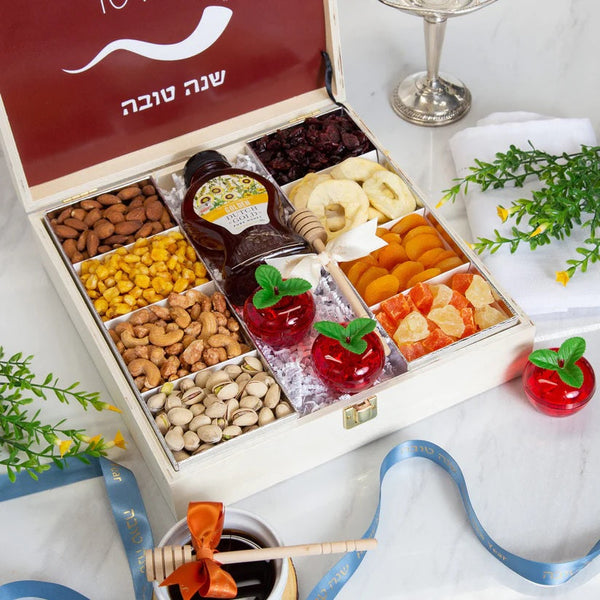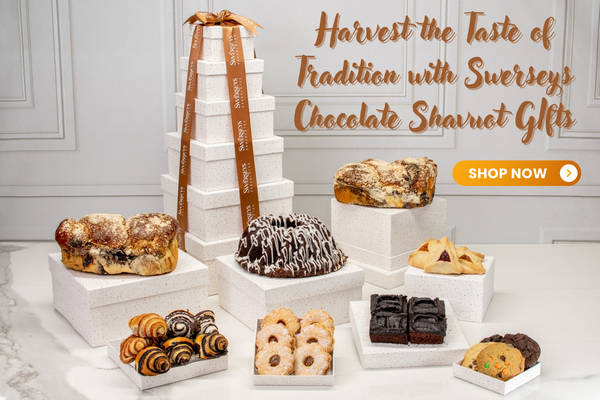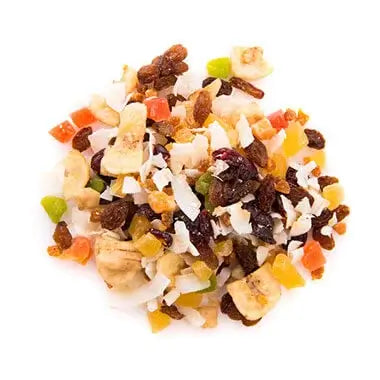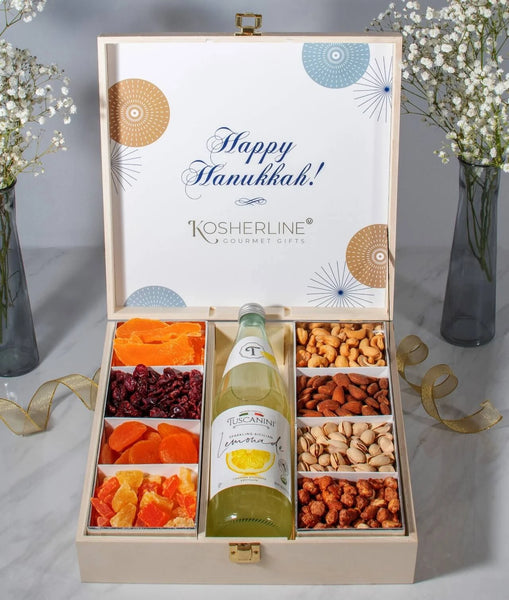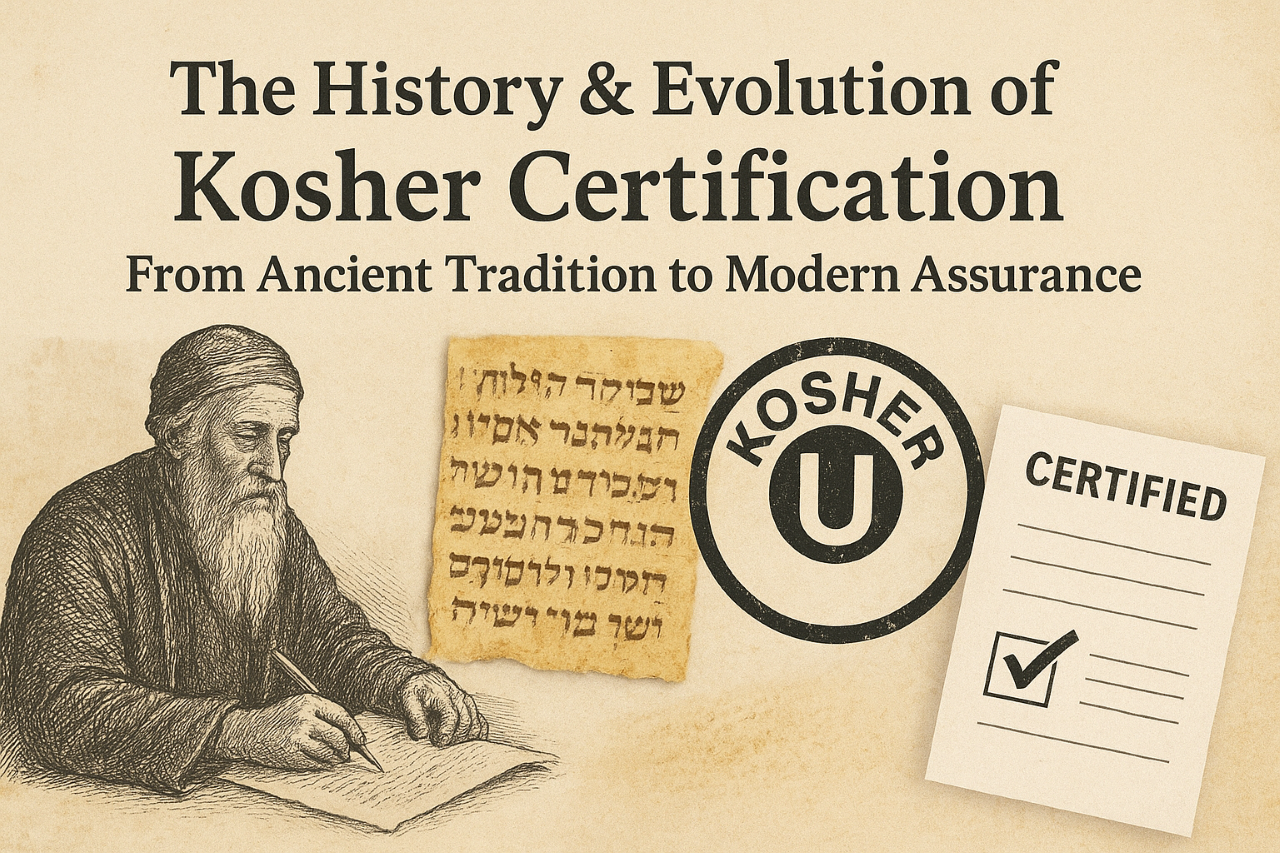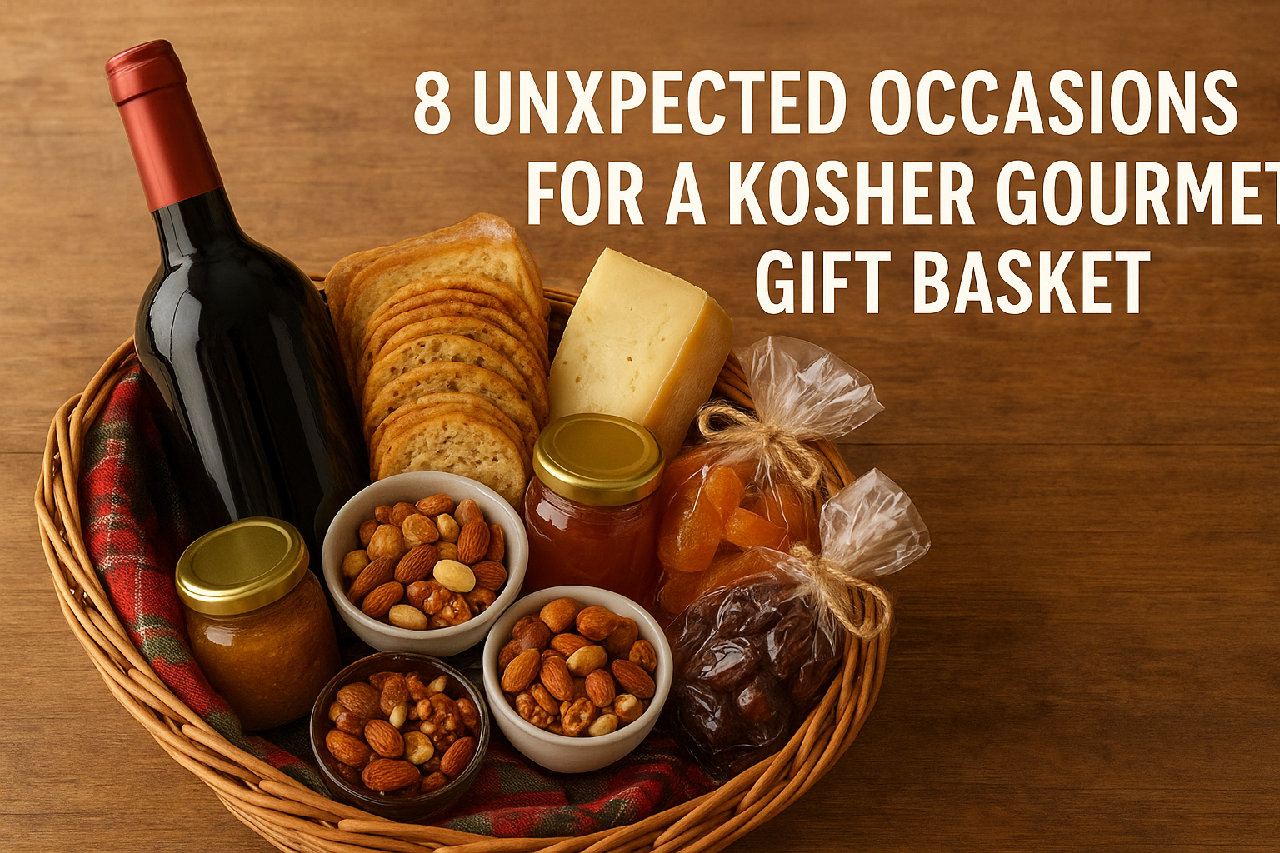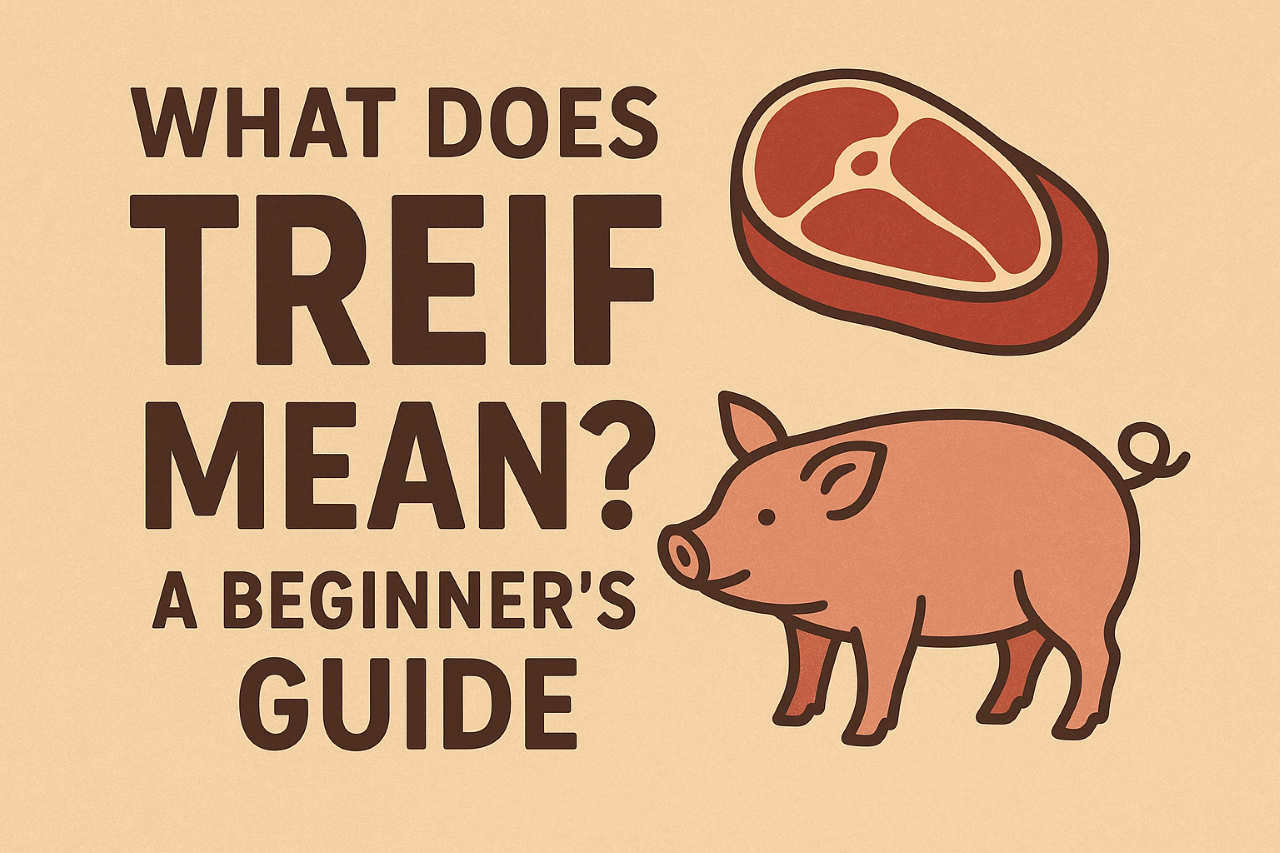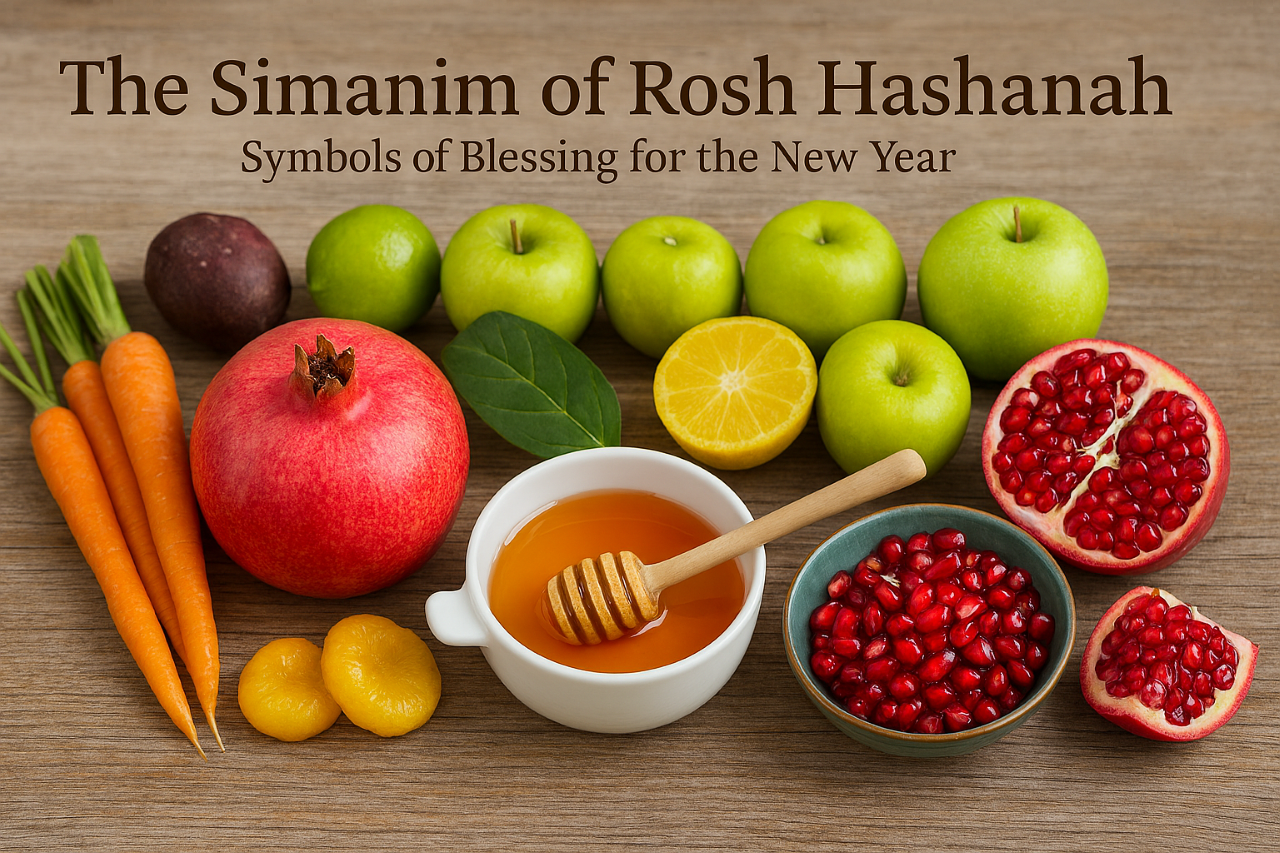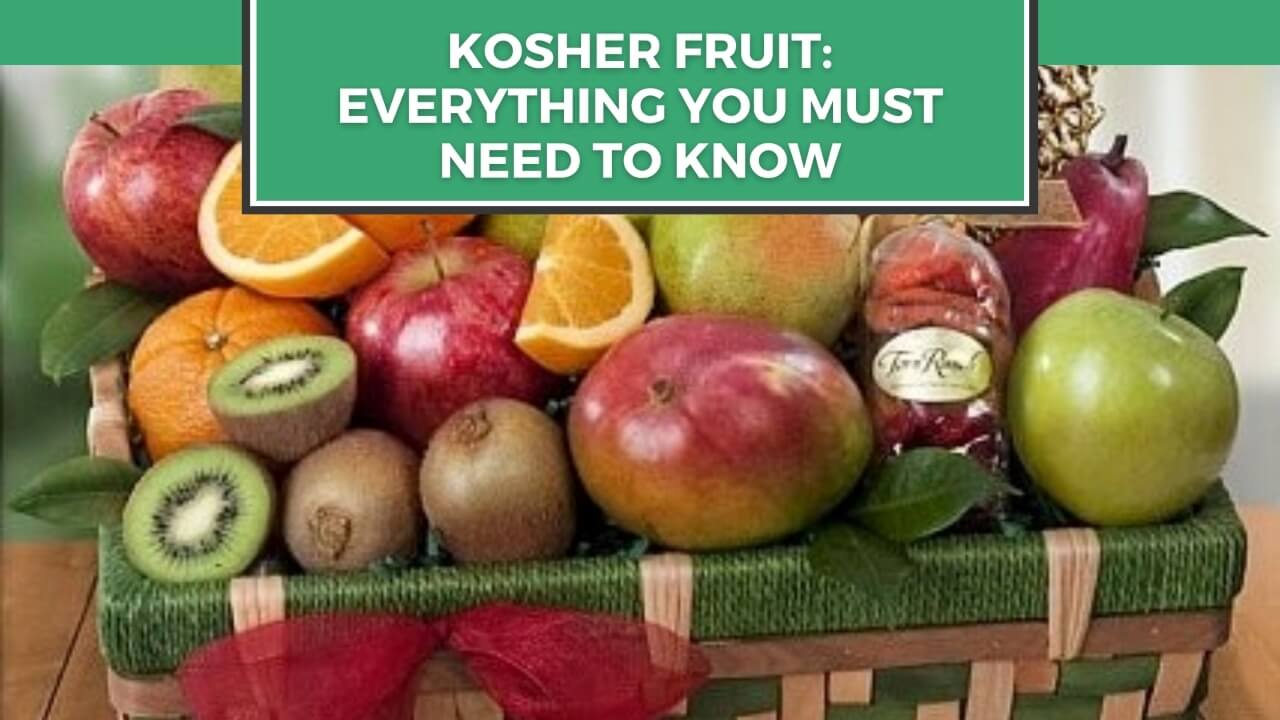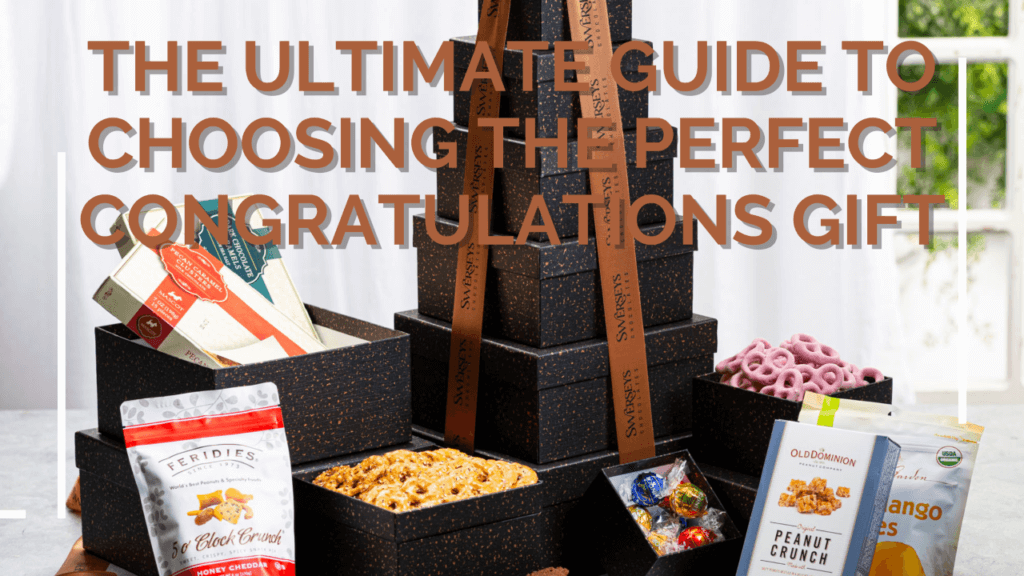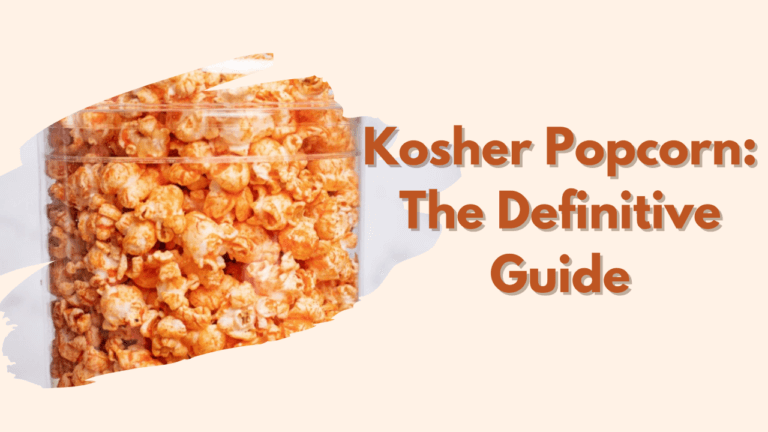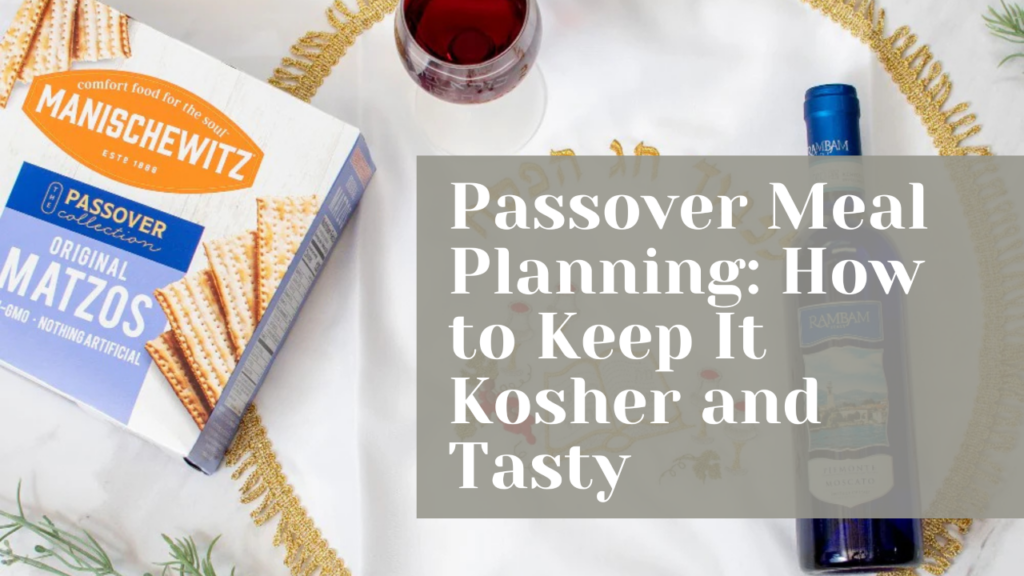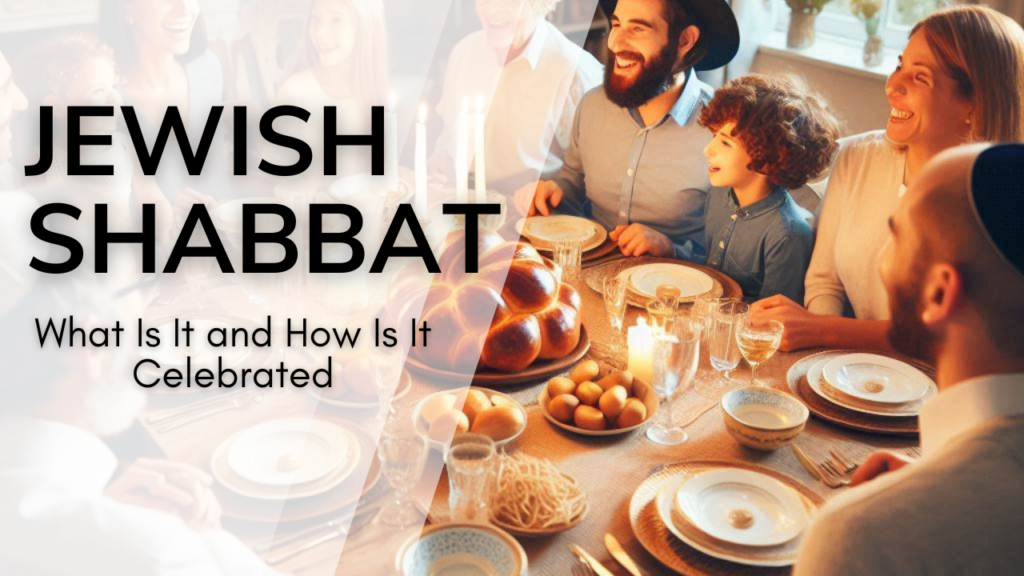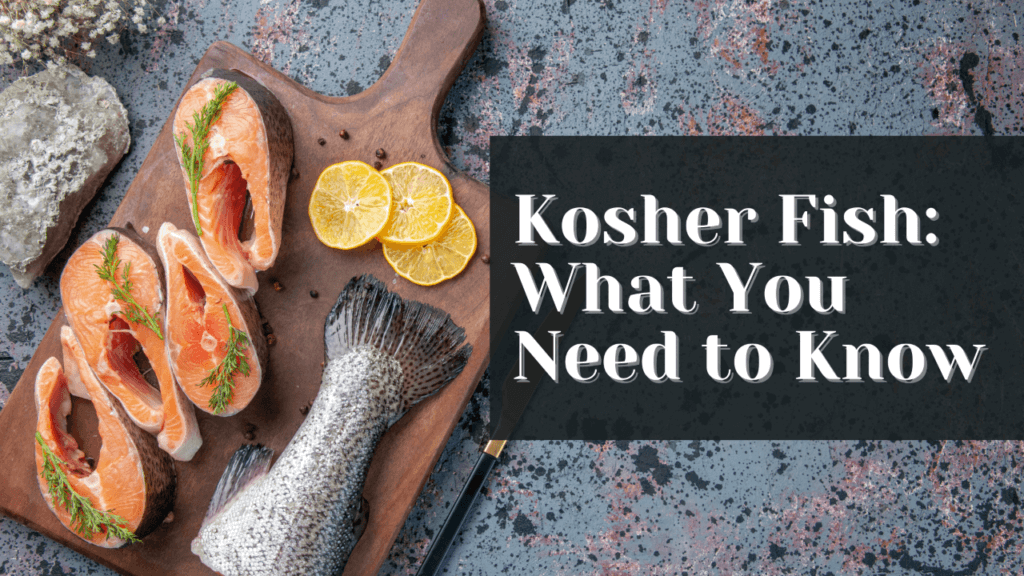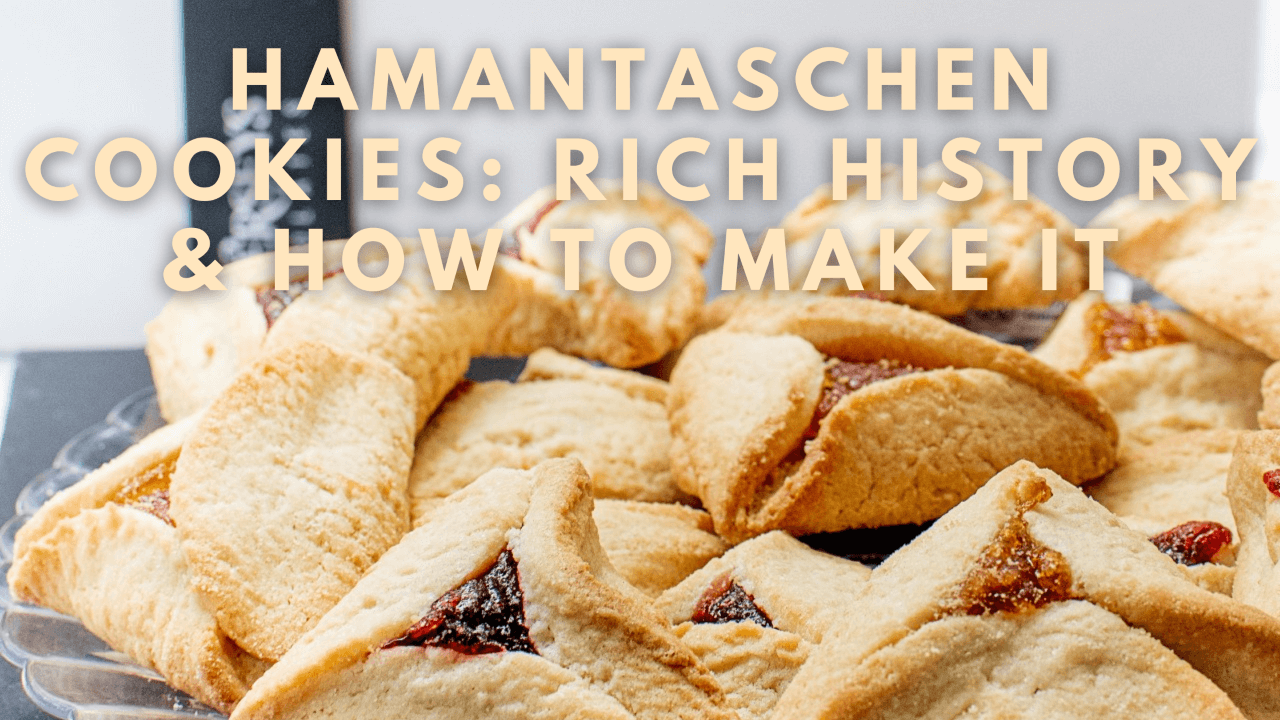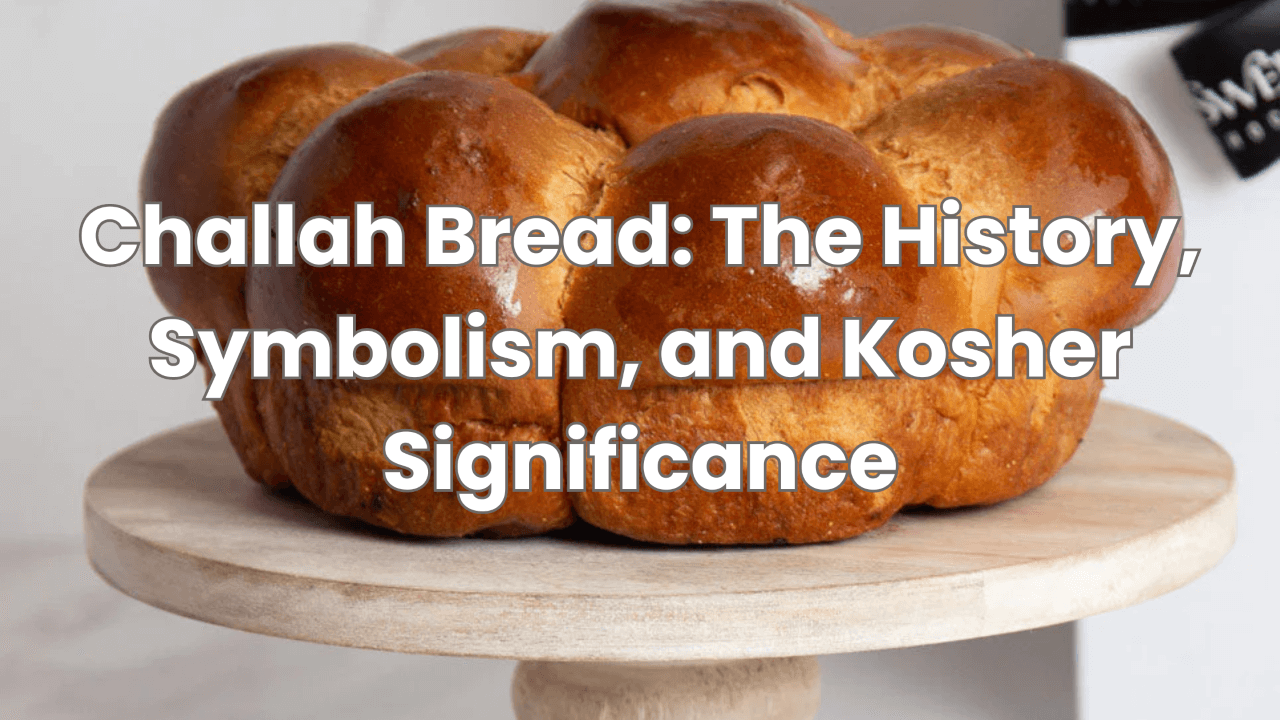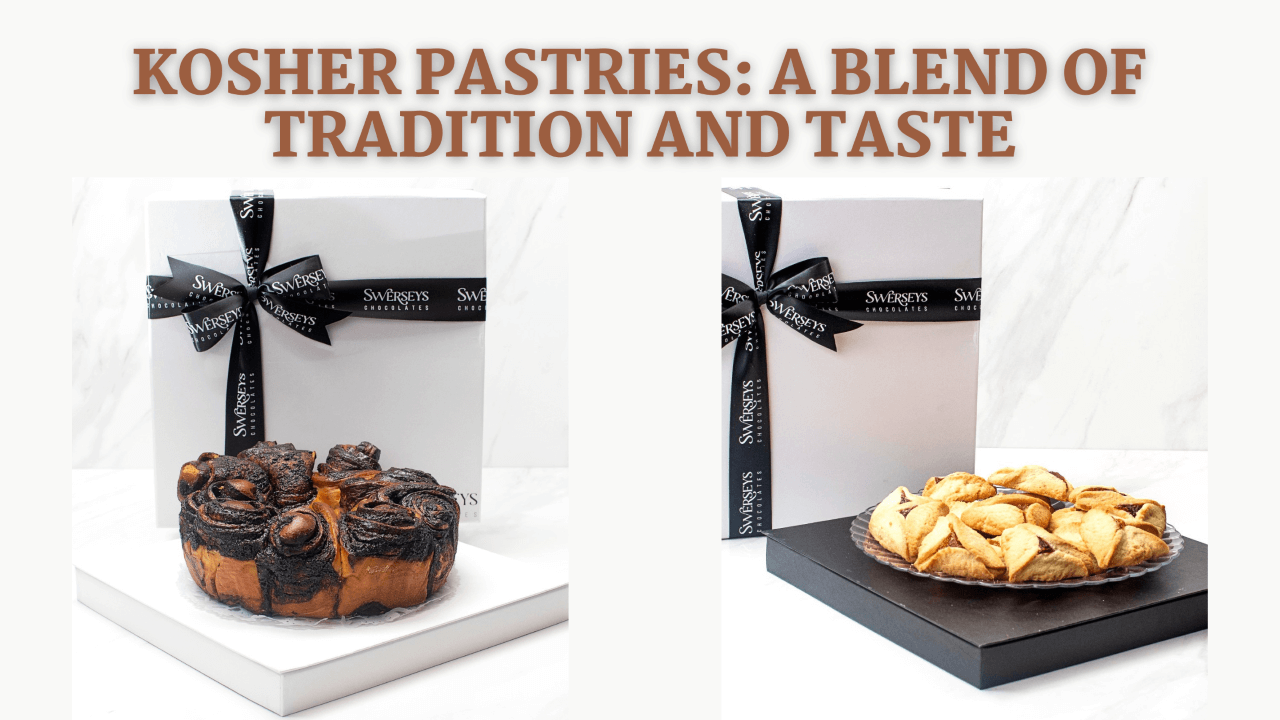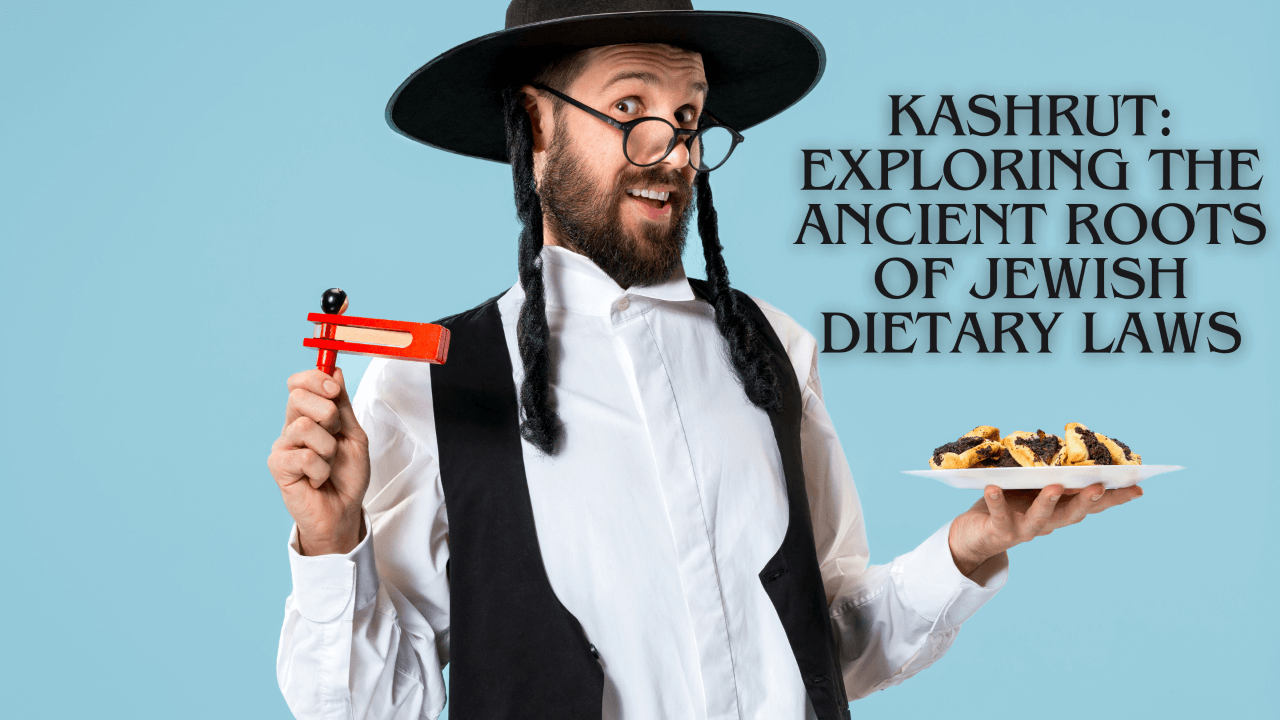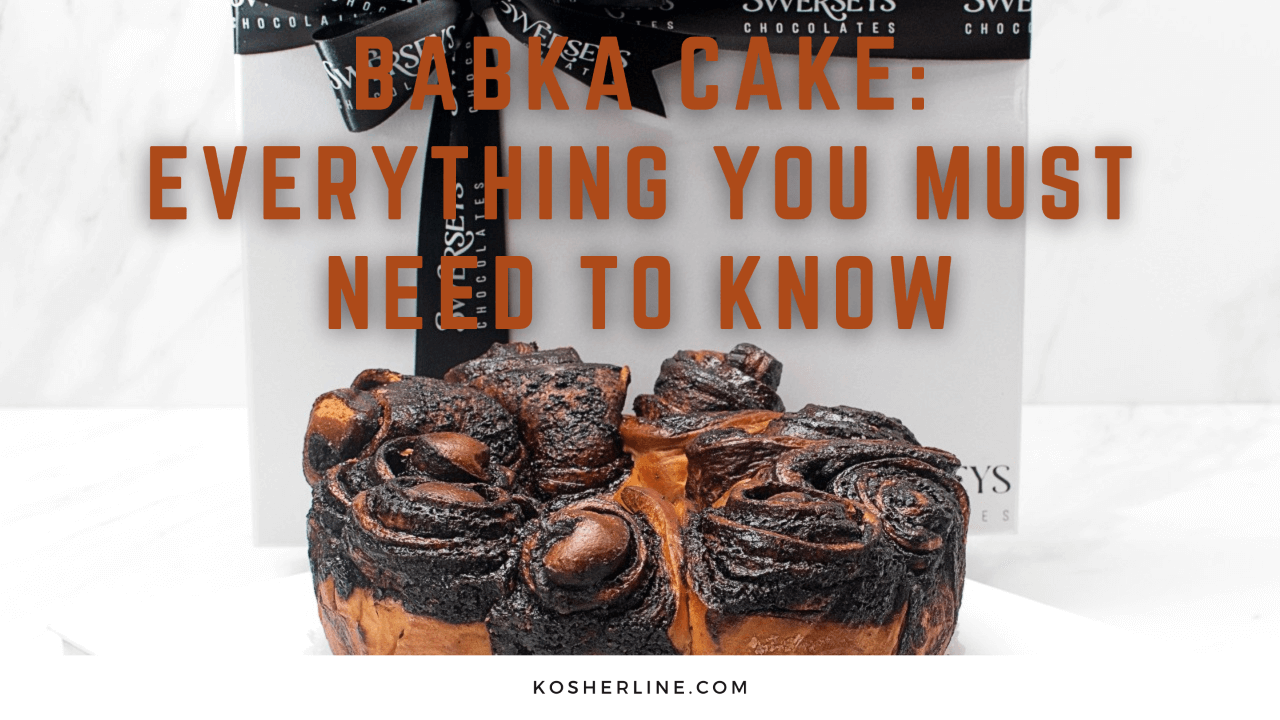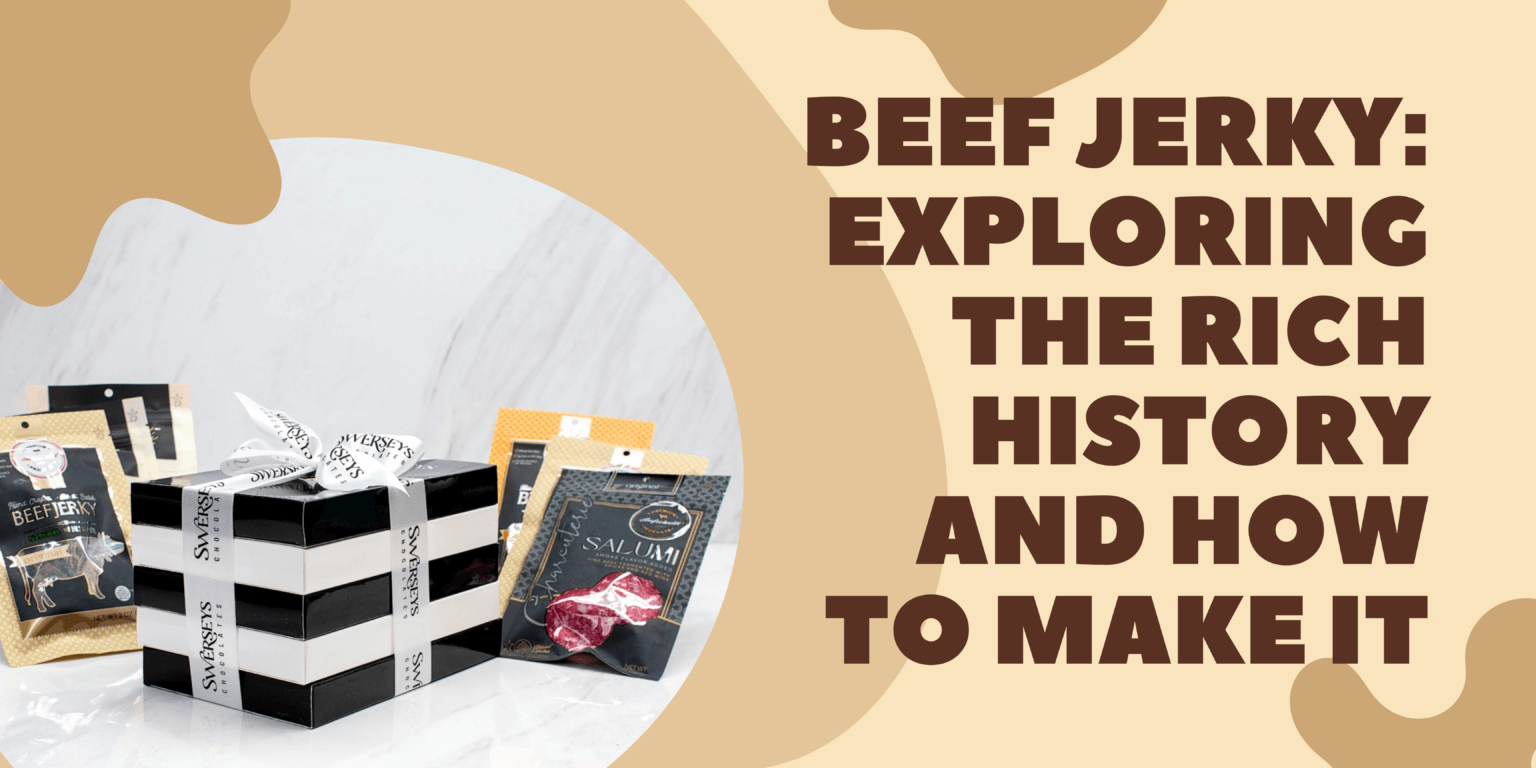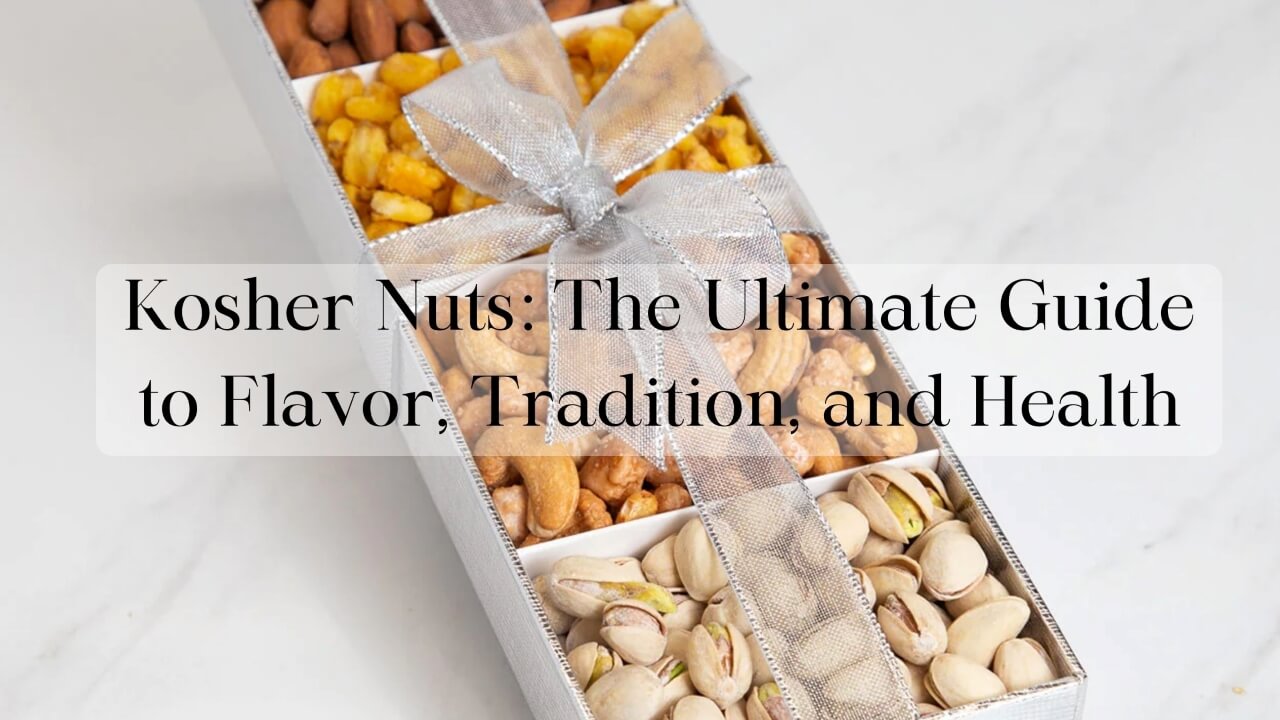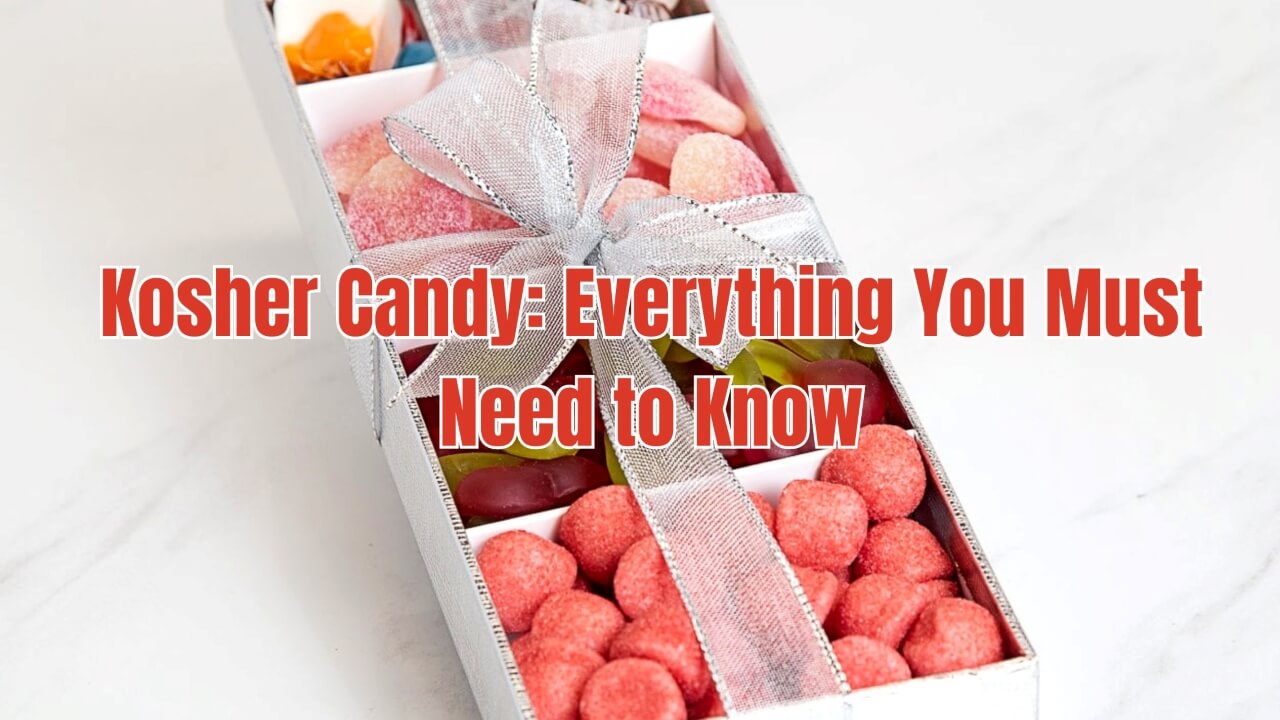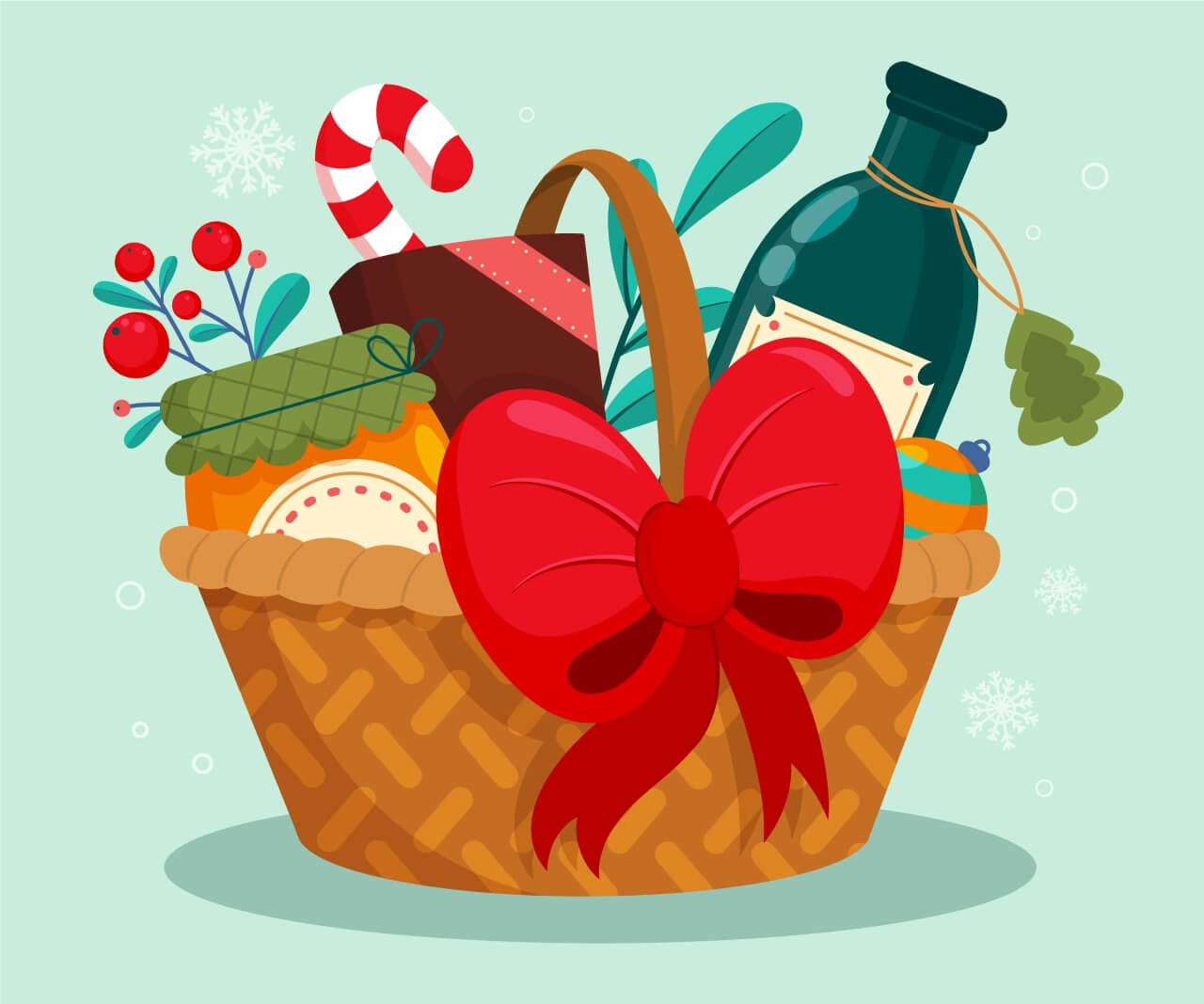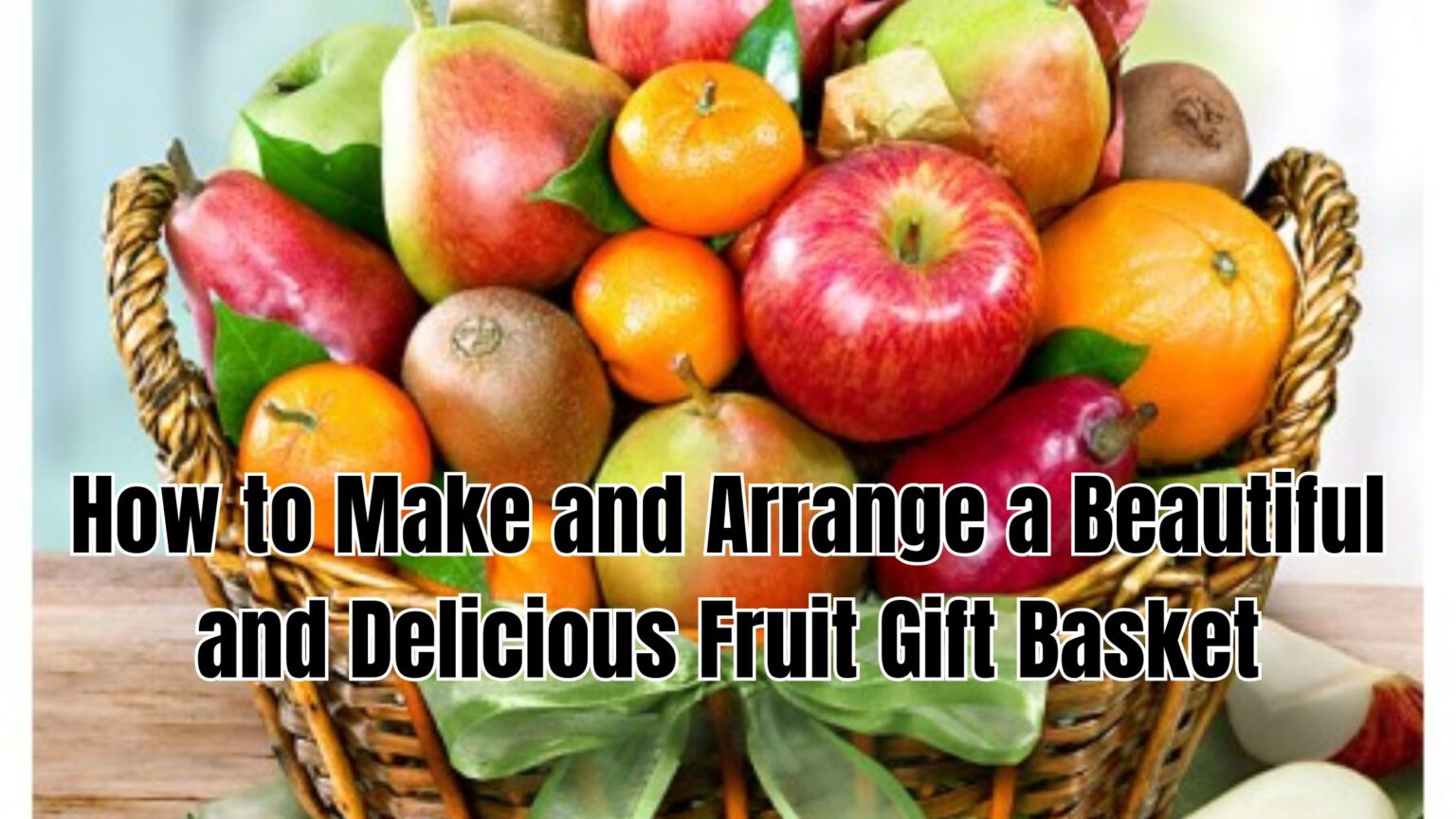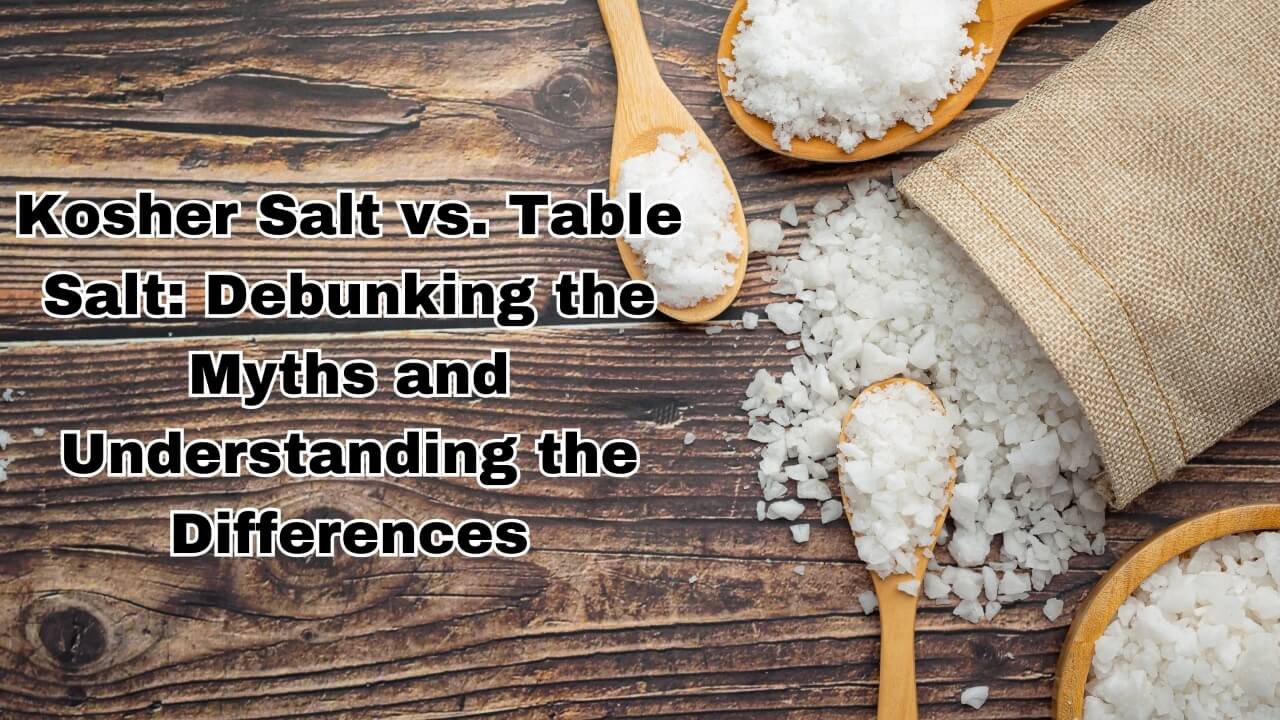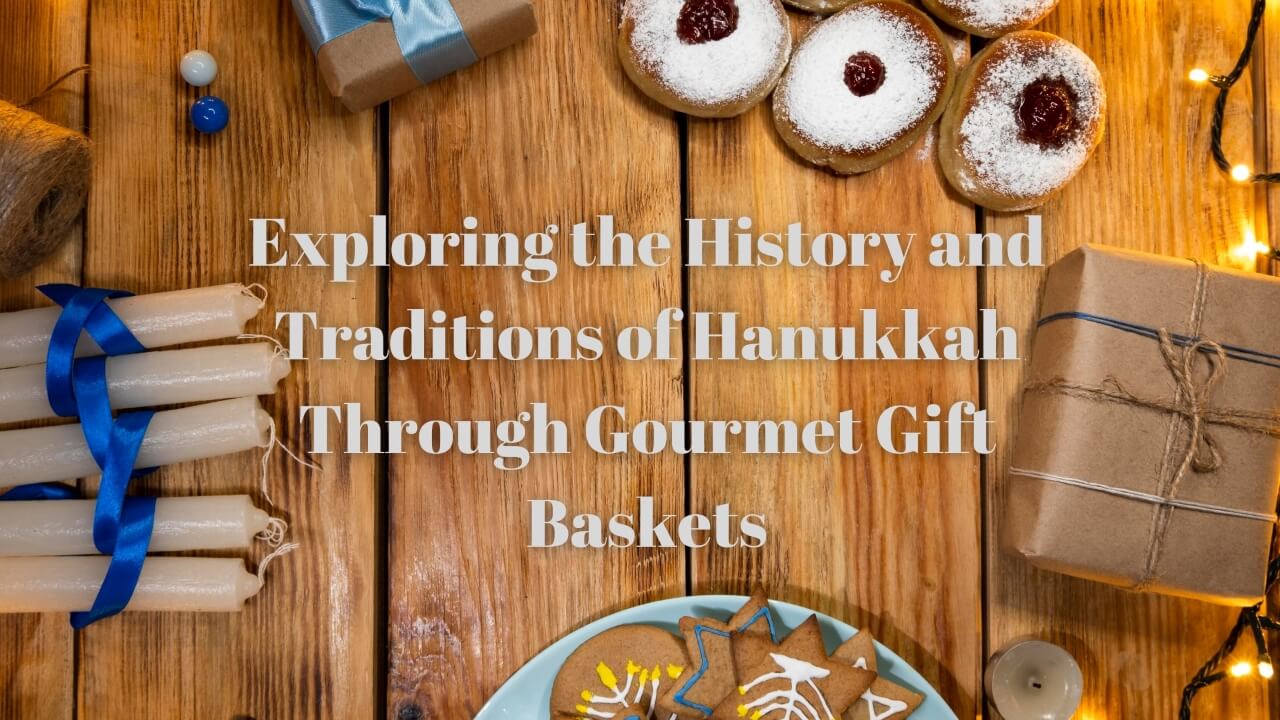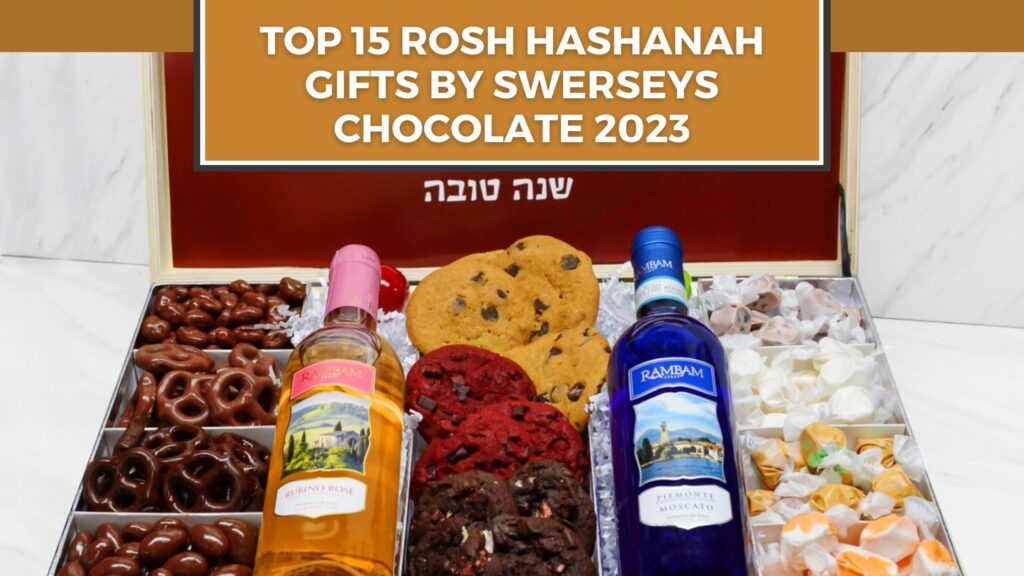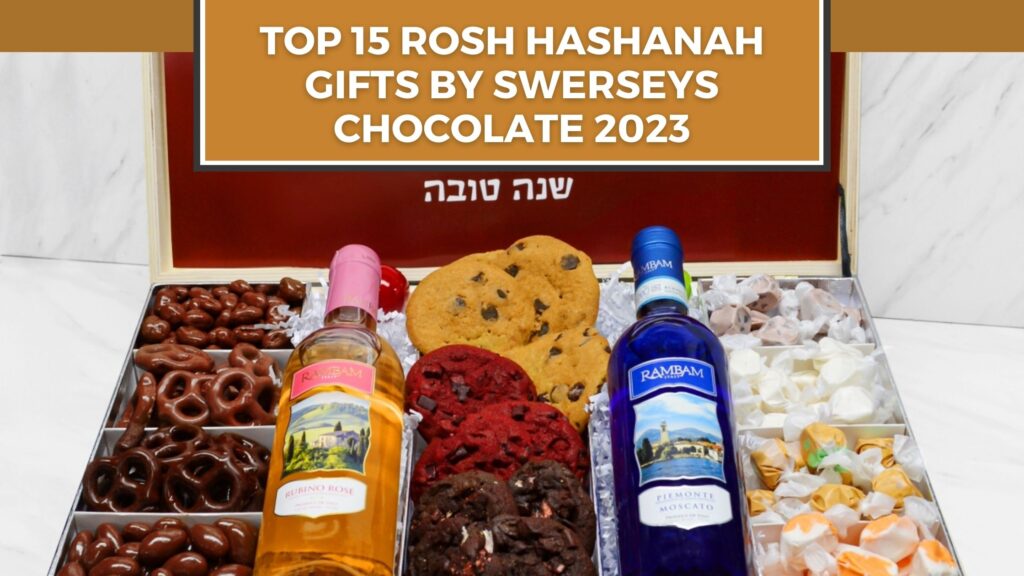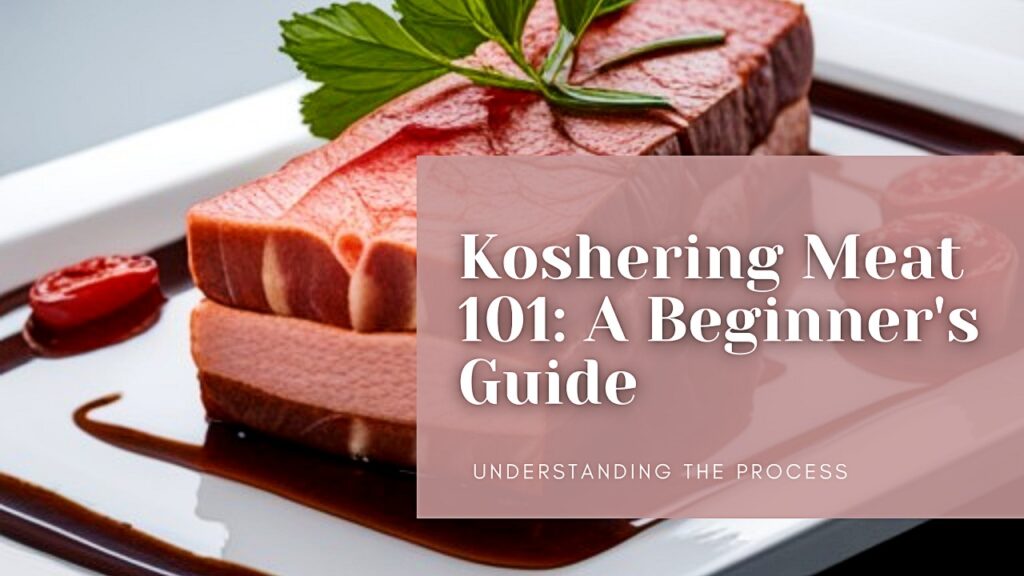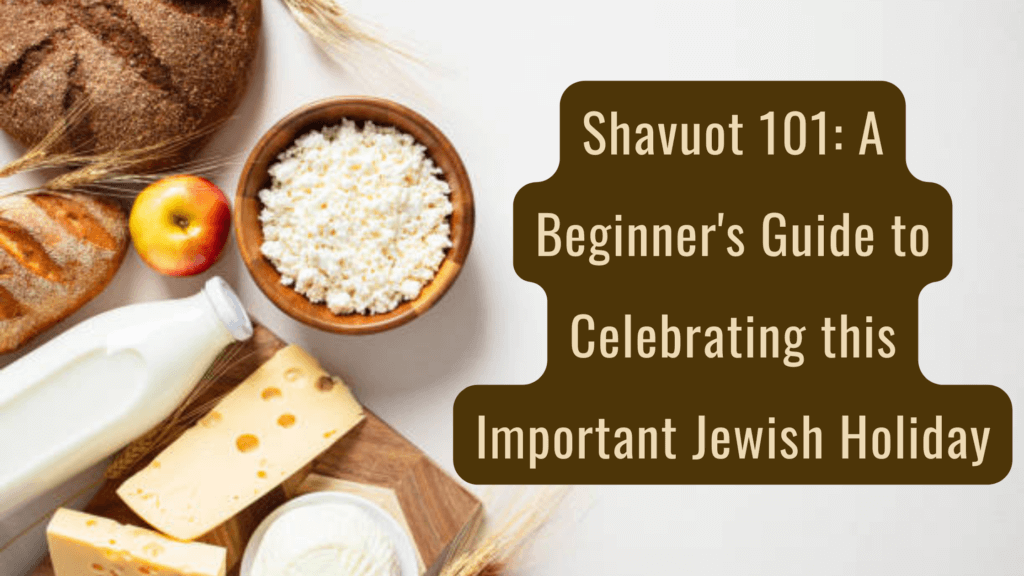When browsing gourmet gift baskets or premium food products, the small symbol on the packaging — like “OU,” “Kof-K,” or “Star-K” — carries centuries of meaning. For Jewish consumers and conscientious shoppers alike, kosher certification isn’t just a dietary label; it’s a mark of trust, integrity, and adherence to tradition.
But where did it all begin? How did kosher certification evolve from ancient Torah laws into the rigorous modern systems we rely on today? Let’s explore the fascinating history of kosher certification — and why it still matters for every food lover and gift buyer.
Ancient Roots: The Origins of Kosher Laws
The word kosher comes from the Hebrew word “kasher,” meaning “fit” or “proper.”
Kosher dietary laws, known as kashrut, are rooted in the Torah, particularly in the books of Leviticus and Deuteronomy. These laws define which foods are permissible and how they must be prepared and consumed.
Some of the earliest kosher principles include:
-
Permitted animals: Only certain species of mammals, fish, and birds are considered kosher. (For example, mammals must chew the cud and have split hooves.)
-
Prohibition of mixing meat and dairy: Based on the Torah’s commandment not to “boil a kid in its mother’s milk.”
-
Proper slaughtering methods (shechita): Animals must be humanely slaughtered by a trained shochet (ritual slaughterer).
In ancient Jewish communities, maintaining kosher food practices was deeply personal. Food was locally sourced, families prepared their meals at home, and rabbinic supervision was part of daily life. There was no need for formal certification — because everyone knew their butcher, baker, and neighbor.
From Community Trust to Commercial Necessity
As Jewish communities began to spread across Europe and the Middle East, and later to North America, maintaining kosher integrity became more complex.
By the 19th and early 20th centuries, industrialization changed everything.
Food production shifted from small local markets to mass factories and distribution centers. Suddenly, consumers no longer knew exactly where their food came from.
This new food landscape posed challenges:
-
How could a Jewish family trust that ingredients were truly kosher?
-
How could businesses prove that their products met kosher standards?
The answer came through the development of rabbinical supervision — an organized effort to inspect, monitor, and certify foods as kosher.
The Birth of Modern Kosher Certification
The first formal kosher certification organizations emerged in the early 1900s in the United States.
As Jewish immigration grew, so did the demand for trustworthy kosher products. Rabbis and community leaders began establishing official bodies to oversee and standardize kosher supervision.
Early Leaders in Certification
Some of the earliest and most influential kosher agencies include:
-
OU (Orthodox Union) — Founded in 1923, the OU is one of the world’s most recognized kosher certifiers, represented by the iconic “OU” symbol.
-
OK Kosher Certification — Established in 1935, OK became known for its scientific approach and global reach.
-
Star-K Kosher Certification — Emerging in the mid-20th century, Star-K became a leader in technology and training in kosher supervision.
-
Kof-K Kosher Supervision — Known for its strict oversight and transparency, Kof-K is trusted worldwide by both consumers and manufacturers.
-
CRC (Chicago Rabbinical Council) — Founded in the 1930s, it provides regional and international certification services.
These organizations set the gold standard for kosher certification, each with trained supervisors (mashgichim) who ensure every step of food production — from ingredient sourcing to packaging — meets halachic (Jewish legal) requirements.
The Science and System Behind the Symbol
Today, kosher certification is a sophisticated global network.
Each product undergoes detailed inspection, including:
-
Ingredient verification: Ensuring every component, down to flavorings and emulsifiers, is kosher-approved.
-
Facility inspections: Checking equipment cleanliness, production lines, and ingredient segregation (especially between meat and dairy).
-
Ongoing supervision: Routine audits by rabbis and inspectors to maintain compliance.
These measures ensure that when a consumer sees a trusted kosher symbol, they can buy with complete confidence.
Global Expansion and Consumer Trust
By the late 20th century, kosher certification had expanded far beyond Jewish communities.
Today, kosher products appeal to a wide audience — including health-conscious consumers, vegetarians, and those seeking higher food quality standards.
Some statistics highlight this growth:
-
Over 40% of packaged foods in the U.S. now bear a kosher symbol.
-
The global kosher food market is worth billions annually and continues to grow.
-
Non-Jewish consumers account for the majority of kosher product buyers — attracted by the assurance of quality, purity, and ethical preparation.
For many, kosher has become a universal mark of trust — much like “organic” or “non-GMO.
What Kosher Certification Means for Gift Buyers Today
If you’re buying a kosher gift basket, understanding certification matters more than ever. Here’s why:
-
Authenticity and Trust
Certification guarantees that every product — from chocolates to nuts — meets the highest kosher standards, supervised from start to finish. -
Inclusivity
Kosher gifts are safe and appropriate for Jewish recipients and many others who prefer carefully verified foods. -
Quality and Cleanliness
Certified kosher foods undergo strict inspection, ensuring superior purity and preparation — ideal for gifting. -
Ethical and Transparent
Kosher certification aligns with ethical food practices: humane animal treatment, clean facilities, and honest labeling.
At Kosherline, we proudly offer premium kosher-certified gift baskets featuring trusted symbols like OU, Star-K, and OK. Whether you’re celebrating a holiday, milestone, or corporate event, you can send a gift that blends tradition, quality, and care.
Final Thoughts: A Tradition of Integrity That Endures
From ancient biblical commandments to modern global food systems, kosher certification has evolved — but its purpose remains the same: to uphold purity, integrity, and trust in what we eat.
For today’s gift buyers, those small symbols on a label carry an extraordinary legacy. They represent thousands of years of faith, discipline, and dedication to doing what’s right — not just for religious reasons, but for everyone who values quality and care in every bite.
When you choose a kosher gift from Kosherline, you’re not only giving something delicious — you’re sharing in a timeless tradition of respect, trust, and excellence.
Meta description: Discover how kosher certification evolved from ancient dietary laws to modern food labels ensuring purity, trust, and quality for today’s gift buyers.





